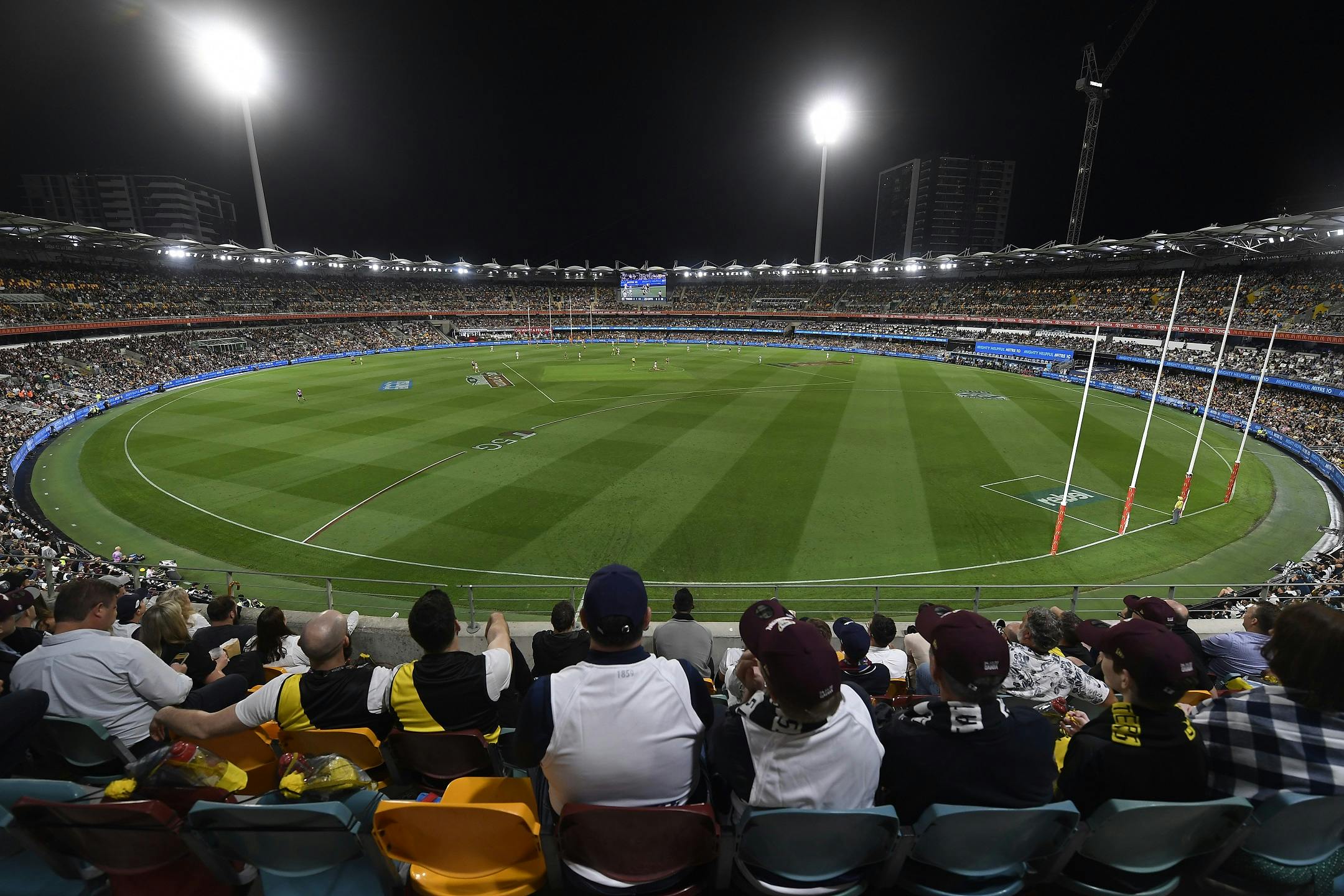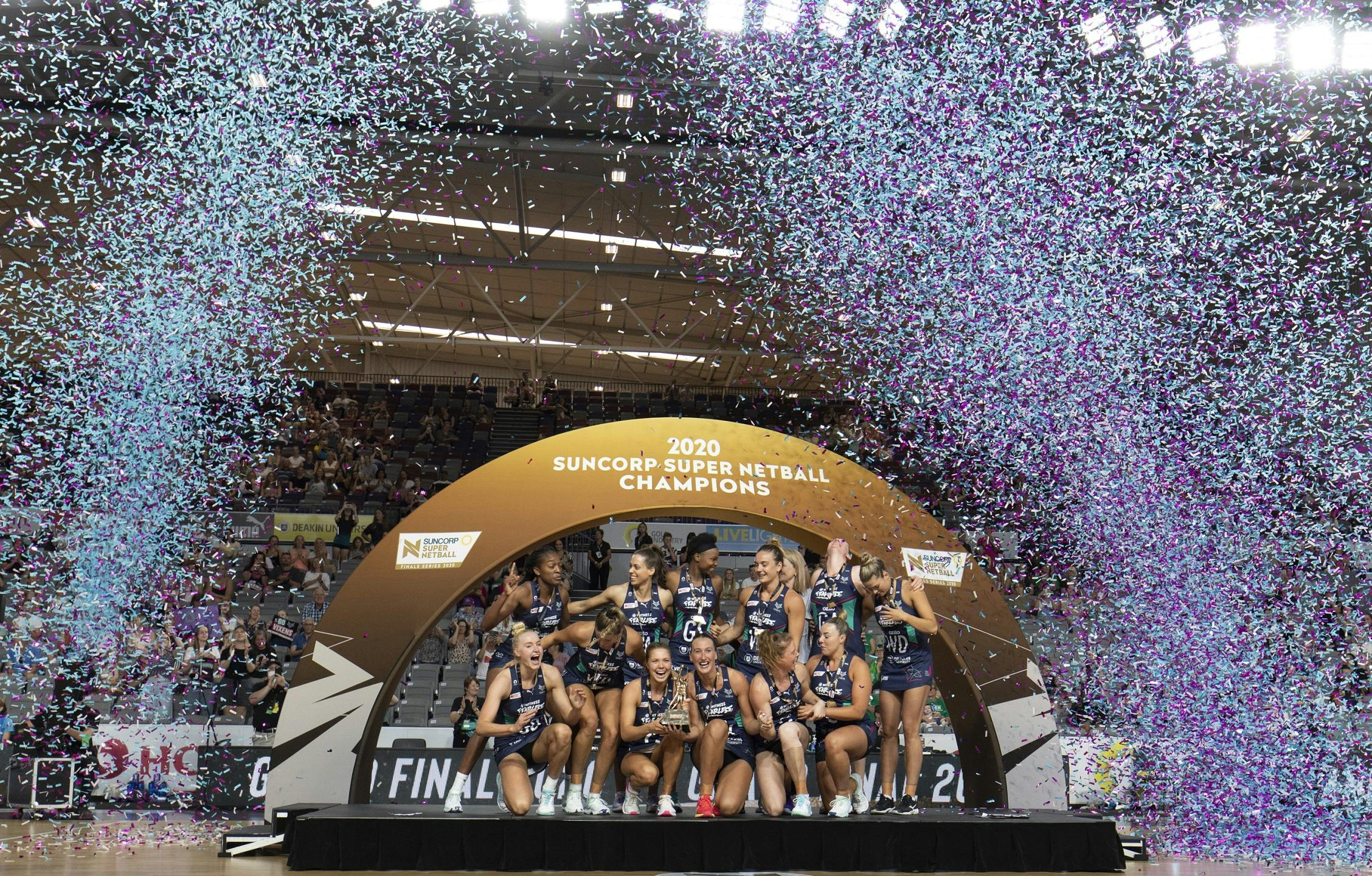The selection of Brisbane in February by the International Olympic Committee (IOC) for “targeted dialogue” in relation to potentially hosting the 2032 Olympic Games represented a significant step for Queensland on a journey that has been several years in the making.
In its feasibility assessment for Brisbane 2032, the IOC noted strong support from all three levels of government, the private sector, the public, a “very advanced Games concept” with between 80% and 90% of the Olympic venues either already existing or set to be temporary, and “very good experience in hosting major international sports events”.
Hosting experience
That hosting experience is borne out of a considerable long-term effort to bring sport’s biggest events – and most influential decision-makers – to the Sunshine State.
The Gold Coast 2018 Commonwealth Games provided a thorough test of the state’s facilities and event-organising capabilities, featuring more than 6,000 athletes and officials from 71 countries. Ahead of the Games, Queensland benefited from A$200m of investment in new and redeveloped sports infrastructure to equip the state for national and international events for years to come.
A year after staging the Games, Gold Coast hosted the SportAccord World Sport & Business Summit, which welcomed over 1,700 of the global sports industry’s most important executives. The event was secured through a collaboration between Tourism and Events Queensland (TEQ), Tourism Australia, Gold Coast City Council and Destination Gold Coast.
Then, of course, 2020 arrived. However, even the disruptions of Covid-19 could not scupper Queensland’s efforts to boost its credentials as a top sports destination.
Covid-19 challenge
When it became clear that major domestic rights-holders were looking for a state that could rise to the challenge of delivering events at short notice whilst satisfying strict pandemic protocols, Queensland leapt into action, with the support of state and local governments.
For the likes of the Australian Football League (AFL), Netball Australia and Basketball Australia, Queensland’s response to Covid-19 and its availability as a flexible and willing event host in times of need made a vital difference.
With community transmission of Covid-19 in Queensland under control by July, the state ended up hosting the bulk of the 2020 AFL season and the entire Super Netball and Women’s National Basketball League (WNBL) 2020 campaigns, with a ‘hub’ system deployed to keep players, officials and the general public as safe as possible.
“The Queensland Government, via TEQ, were highly supportive a played a key role to ensure a hub could be created successfully in Queensland,” Netball Australia chief commercial officer David Lee says. “With Covid-19 restrictions gradually easing, Queensland also offered the ability to host matches in front of a 50% capacity crowd.”
Without the support of the Queensland Government and TEQ, Lee says that it is highly likely the 2020 Super Netball season would have been scrapped, which would have been “a catastrophic outcome, not just for the league, but the sport of netball as a whole”.
He adds: “The way in which Queensland handled their response to the pandemic minimised the stress for us as a rights-holder. Knowing that we were centralised and in a location that was keeping Covid-19 under control gave us a high degree of confidence in delivering the season.
“For the athletes and teams themselves, Queensland was the preferred destination when we conducted our initial consultation and remained that way throughout the course of the season. Queensland has always been a passionate sporting state and a prime location for conducting major sporting events, and 2020 only served to further enhance this reputation.”
Enhanced reputation
For Basketball Australia CEO Jerril Richter, the speed at which Queensland was able to execute the WNBL campaign plan within a hub setting was especially impressive.
“It was a white-knuckle ride, as we announced the plans in October and then tipped off in November, but we worked hand-in-glove with our partners in Queensland to handle the complexities,” Richter says.
“We were in talks with several governments and we had specific criteria for the proposed hub in terms of looking after player safety and wellbeing. We also wanted a season that wouldn’t be forced into lockdown.
“It quickly became clear that Queensland had developed a strong system and had great relationships across departments, including the health department, which was very important. We then worked with Queensland and three of the state’s councils – in Cairns, Townsville and Mackay – to deliver an incredible six-week season.”
Basketball Australia worked closely with the state to make life as easy as possible for the teams and players within the ‘bubble’.
“The set-up allowed players to go out into the community on their days off, which was a real benefit of being in beautiful Queensland,” Richter adds. “Our partners in Queensland were really responsive and, with restrictions being eased, we were able to have a sell-out crowd for the final, which was fantastic.”

Returning crowds
In October, Brisbane’s famous Gabba also welcomed nearly 30,000 spectators – the maximum allowed under Covid-19 restrictions at the time – for the first AFL Grand Final to take place outside the Australian state of Victoria in 123 years.
The occasion marked the culmination of a shortened season for the AFL, which established its primary playing bubble in South East Queensland after pausing the schedule following the campaign’s first round in March to develop Covid-19 protocols with the support of clubs and players.
“Queensland has a number of really good elite training facilities and excellent options to house clubs and their players, as well as two AFL-standard stadiums, which was important with the number of games taking place. The climate in Queensland is also fantastic for training and recovery,” Travis Auld, EGM finance, clubs and broadcasting, says.
“From the time we spent there and from talking to our clubs and athletes, they would certainly support South East Queensland as a wonderful place for elite athletes to train.
“We’ve been working closely with Queensland for a number of years, but Covid-19 allowed us to deepen those relations. The opportunity to play so many games in Queensland – which is a really strong market for our sport and where participation is growing, particularly with women and girls –gave us the opportunity to supercharge growth.”
Queensland’s roadmap of events will continue this year with a near full calendar of “Covid Safe” events scheduled. Highlights in 2021 will include the National Rugby League Magic Round at Brisbane’s Suncorp Stadium, the Cairns IRONMAN Asia Pacific Championship, Gold Coast Marathon, World Bowls Championships and the Nitro World Games in Brisbane. Whilst the state’s long-term ambitions stretch to the 2032 Olympics and beyond, it is clear that Queensland is keen to maintain momentum by continuing to deliver successful sporting events in the years to come.
